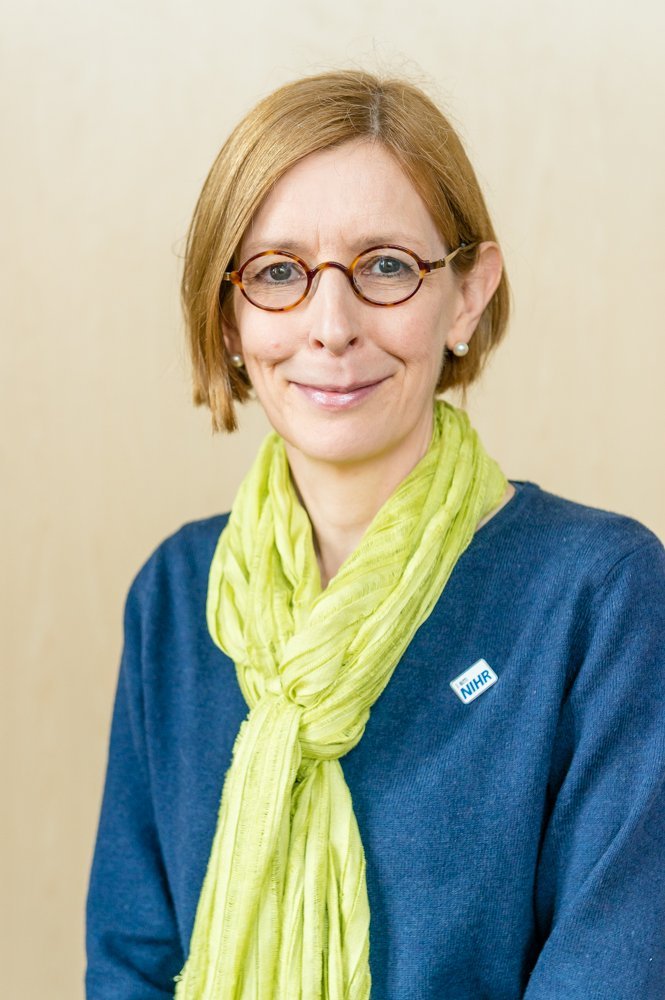
My research journey began serendipitously. I had spent many fulfilling years in clinical practice working in the specialties of medicine and geriatrics at operational and strategic levels. Over the years I worked through all the qualifications that I needed to progress my career in the NHS: BA (Hons), PGCE, MA. Each course had a research component and my interest was piqued.
In practice I had seen research nurses recruiting to trials that seemed interesting, but there the path went cold. I continued to rise up the nursing hierarchy and when working as a Senior Nurse Manager for Medicine and Older People, I decided that I wanted to make a difference to patient care in another way.
I registered for a part-time Doctorate in which I investigated the care of older people with dementia in acute hospitals from the perspectives of the patients themselves, their carers and the health staff providing care. This work was supported by a grant from the Alzheimer’s Society.
Towards the end of the study I worked with a colleague from the Alzheimer’s Society to provide a new situated learning course for staff. From this there were tangible changes in practice and improvements in communication between staff and people with dementia. The learning initiative was continued long after I left.
Now was the time for me to make a career decision and with some trepidation I applied for a post-doctoral position. Working alongside some excellent mentors, I joined a friendly and generous research community and have been a principal investigator or co-applicant on a range of studies funded by charitable organisations and the public sector.
Research is not a soft option and there is much to learn. Expectations are high and competition can be stiff. I’ve benefitted from joining a research team whose ethos, like mine, is to do ‘really good research’ which is clinically relevant. As I’ve moved through research I’ve learnt some valuable lessons. Two that stand out for me are that good research is never done alone, it’s a team effort and everyone brings something to each team. The other is about being true to yourself and finding a niche in which you are genuinely happy and interested.
As a pragmatist I have a commitment to practical and clinically relevant research. One challenge faced by all health service researchers is how to ensure our work changes practice; how knowledge can be moved to where it is most useful. The average time for research evidence to be implemented in clinical practice is around seventeen years. To me this seemed too long and this was an area in which I could contribute, having had a foot in both camps.
In 2016 I was awarded an NIHR Knowledge Mobilisation Research Fellowship investigating how evidence, in its broadest sense, can be moved across the researcher-clinician-patient boundary to support the most effective self-management of skin conditions in primary care. Alongside this, I am working on new approaches to supporting skin health in the older community and always looking for new collaborators.
Fiona Cowdell
Professor of Nursing and Health Research and NIHR Knowledge Mobilisation Research Fellow
Birmingham City University